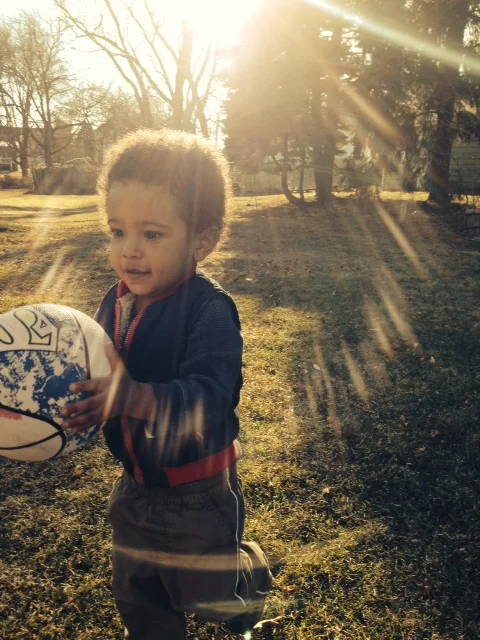The word “joy” has the connotation of exuberant happiness, big smiles, and irrepressible optimism. When we hear people say Christians should be joyful, we might wonder if we measure up. Doesn’t this kind of joyfulness come more easily to some personalities than others? In The Joy of the Gospel, Pope Francis offers an insightful commentary on joy that might give us a better understanding of what the word truly means as a way of life:
“There are Christians whose lives seem like Lent without Easter. I realize of course that joy is not expressed the same way at all times in life, especially at moments of great difficulty. Joy adapts and changes, but it always endures, even as a flicker of light born of our personal certainty that, when everything is said and done, we are infinitely loved. I understand the grief of people who have to endure great suffering, yet slowly but surely we all have to let the joy of faith slowly revive as a quiet yet firm trust, even amid the greatest distress: ‘My soul is bereft of peace; I have forgotten what happiness is… But this I call to mind, and therefore I have hope: the steadfast love of the Lord never ceases, his mercies never come to an end; they are new every morning. Great is your faithfulness… It is good that one should wait quietly for the salvation of the Lord’ (Lam. 3:17, 21-23, 26)” (EG 6).
An elderly woman who was looking back at her life once told me, “I was content.” She meant that she was not always happy, but she was at peace. It was a simple way of describing a long life full of good things but fraught with difficulty. One might describe the life of Christ himself in much the same way. The joy of a Christian is realistic, genuine, compelling – it is not manufactured or manic. As Pope Francis wrote, joy adapts and changes. Sometimes it is exuberant, but sometimes it just “waits quietly.” The essence, the undercurrent, of Christian joy is a habitual falling back on the steadfast, infinite love of the God who saves and who holds all things in existence.

